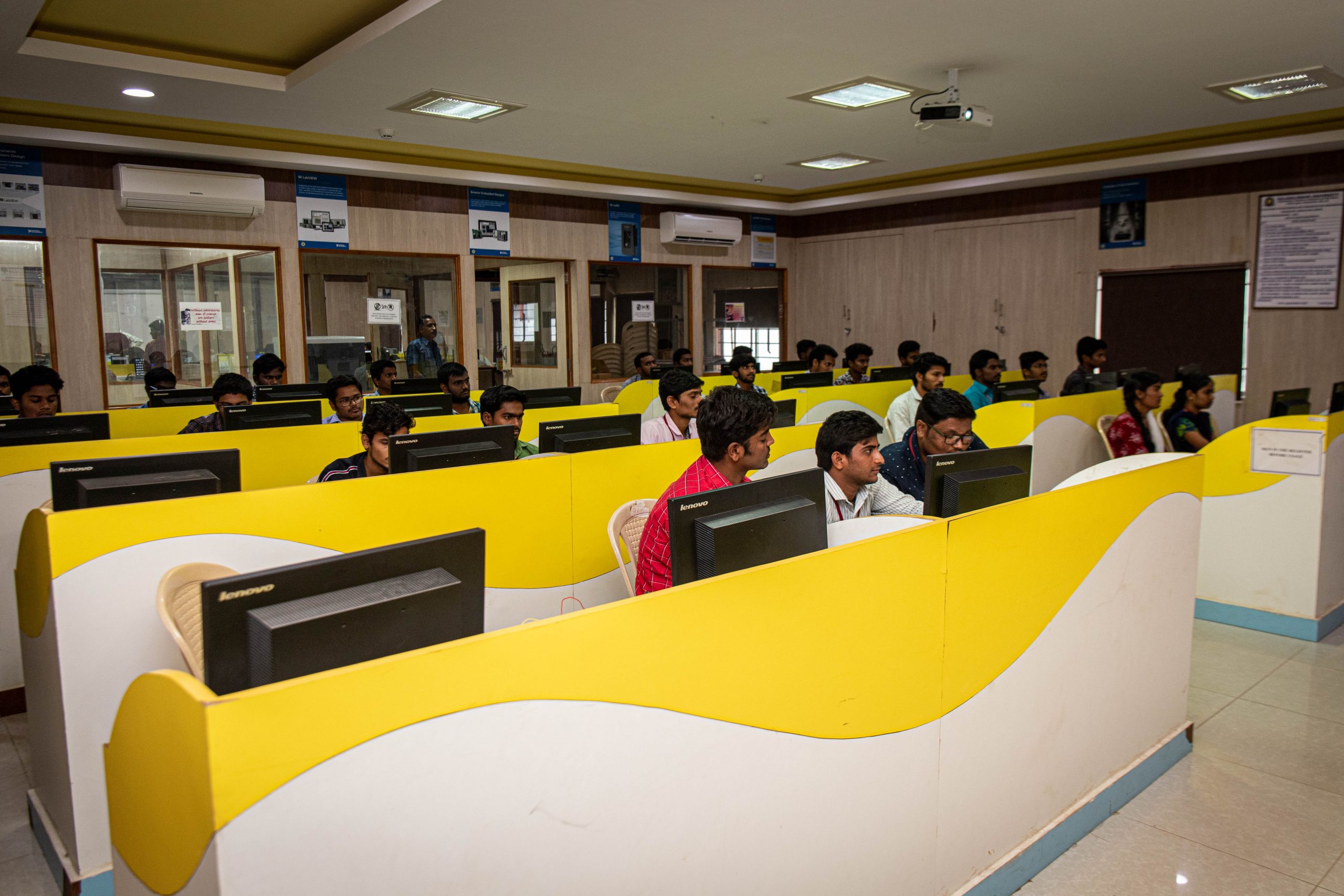
To be a centre of excellence in the development of Executives and Business leaders who uphold moral values guided by faith.


To imparting knowledge, innovative practices and community service – offering socially responsive programs supportive of national and global development.
The Department of Commerce was established in 2015 primarily with 2 programmes namely B.Com (General) and B.Com (Computer Applications). It ensures to provide its students with an effective learning experience with state-of-the-art laboratories, experienced faculties and thought-provoking teaching pedagogy. The course is designed in a manner to equip students with knowledge in commerce as well as in the field of computer programming and computer systems.
The Department offers a B.Com degree program in Computer Application. Thinking of all the practical aspects of learning, the department has established state-of-the-art computer laboratories and libraries. The curriculum is organised in such a way to empower students to have an understanding in the field of Commerce, especially in the discipline that involves the usage of software technology application.
Focusing on the practical exposure of the students, the Department is involved in a variety of activities that are related to the industry. It hosts lectures, national and international seminars, and conferences with experts from a variety of reputable and recognised institutions and universities. Students are involved in Industrial Visits to have practical knowledge of how corporations work. The department follows a student-centred, leisurely instructional approach. Students in B.Com (Computer Applications) are provided with an opportunity to do online, short term and Value-added courses. Students of the B.Com (Computer Application) programme also regularly participate in the “National and International events”.
The programs will empower you with crucial accounting skills, business knowledge, and Exemplary Communication skills and provide you with the networking opportunities that help to accelerate your career, either as a manager within the private, third or public sector or in developing your own entrepreneurial ambition. This course will help you in building personality, effective public speaking, leadership skills, team spirit, and social responsibilities. We give you one-to-one support to help develop you into a successful leader. The program also facilitates the students to acquire technical and soft skills required for the industry. The department utilises the experiential teaching and learning process through the tutorial, practical assignments and activities. This program also helps the students to enhance their skills in versatile platforms and entrepreneurial ventures. We facilitate an opportune environment to support the highly obligated and knowledgeable faculty team to plan their career enhancement focusing on innovative teaching methods, administration and research.
1. Classes are engaging, with a good mix of lecture and discussion.
2. The Department has multifarious activities which are linked with industries. It organizes Guest lecture, workshops, National & International Seminars and Conferences involving experts from various reputed and recognized institutions and Universities.
3. We encourage and provide our students to do online, short term and Value-added courses.
4. We motivate and provide every kind of help to our students to present their research papers at National and International Conferences conducted by other colleges and Universities.
After the completion of the programme, students will be able to gather knowledge of:
1. Accounting knowledge: To solve complex accounting and management problems, apply knowledge of mathematics, social science, accounting fundamentals, and computer specialization.
2. Life – long learning: Recognize the need for, and be prepared for, freedom and life-long learning in the broadest terms of technological change.
3. Problem Analysis: Identify, formulate, research literature, and analyse socio economic issues in order to draw substantiated conclusions using first principles of statistics, natural, and social sciences.
4. Design/development of solutions: Develop solutions for economic challenges and software, as well as processes to meet requirements while keeping public health and safety, cultural, societal, and environmental aspects in mind.
5. Conduct investigations of complex problems: To provide reliable conclusions, use research-based knowledge such as tool design, data analysis and interpretation, and information synthesis.
6. Modern tool usage: Create, choose, and implement suitable techniques, resources, and modern statistical tools and software.
7. The accountant and society: Apply logic informed by contextual expertise to evaluate societal, health, safety, legal, and cultural problems, as well as the obligations that come with them in professional accounting practise.
8. Environment and sustainability: Understand the impact of professional accounting solutions in societal and environmental contexts, as well as the importance of and need for sustainable growth.
9. Ethics: Apply ethical standards and stick to professional ethics, obligations, and accounting practises norms.
10. Individual and team work: Work effectively as a person, as a team member or leader, and in multidisciplinary environments.
11. Communications: Communicate efficiently with the accounting and IT communities, as well as with the general public. Understand and write effective report documentation. Offer and obtain specific guidance, as well as make successful presentations.
12. Project management and finance: Demonstrate knowledge and understanding of management and software engineering concepts, and apply them to one’s own work as a team member and leader. Project management in multidisciplinary environments.
13. Life – long learning: Recognize the need for, and be prepared for, freedom and life-long learning in the broadest sense of technological change.

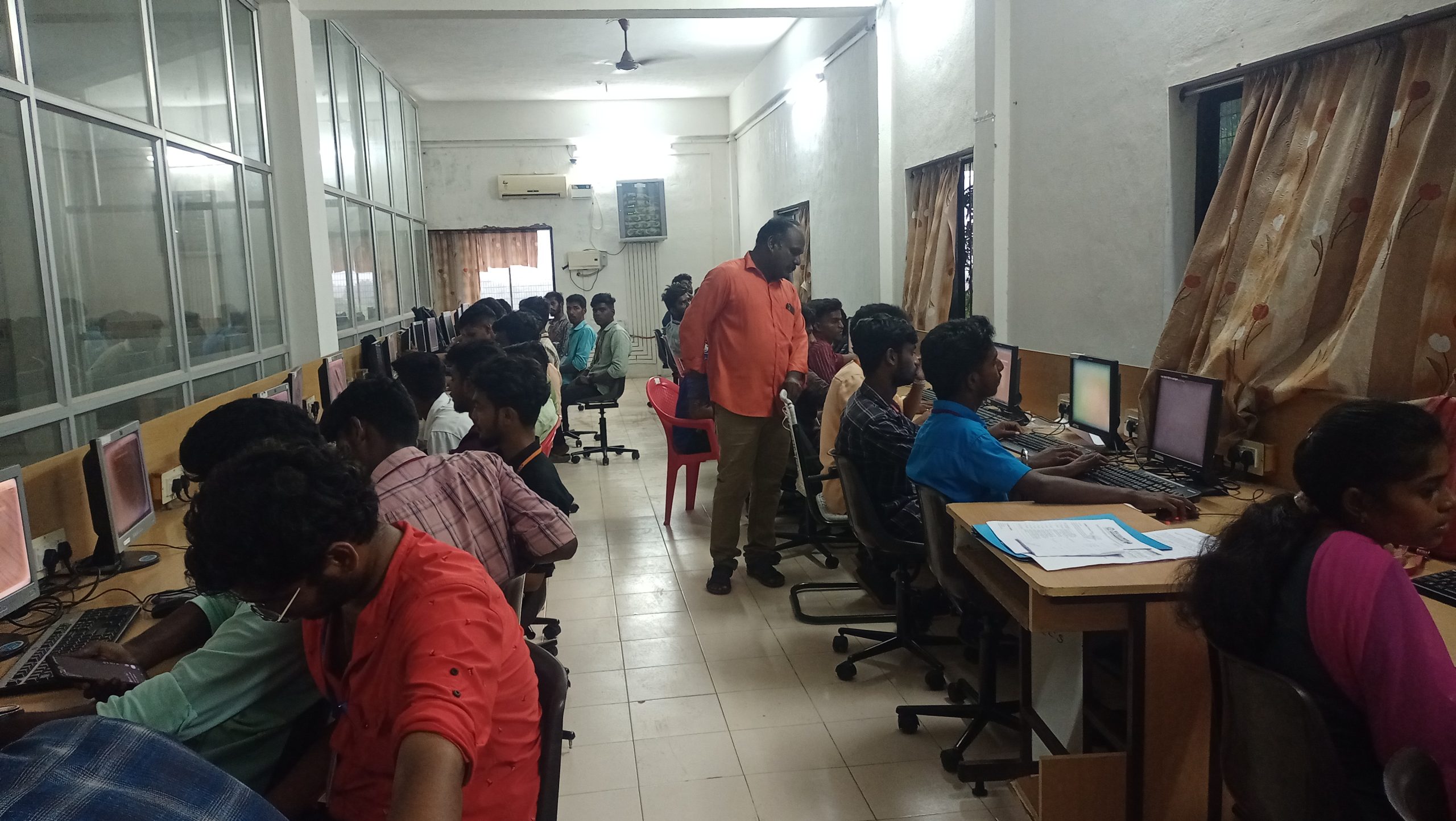

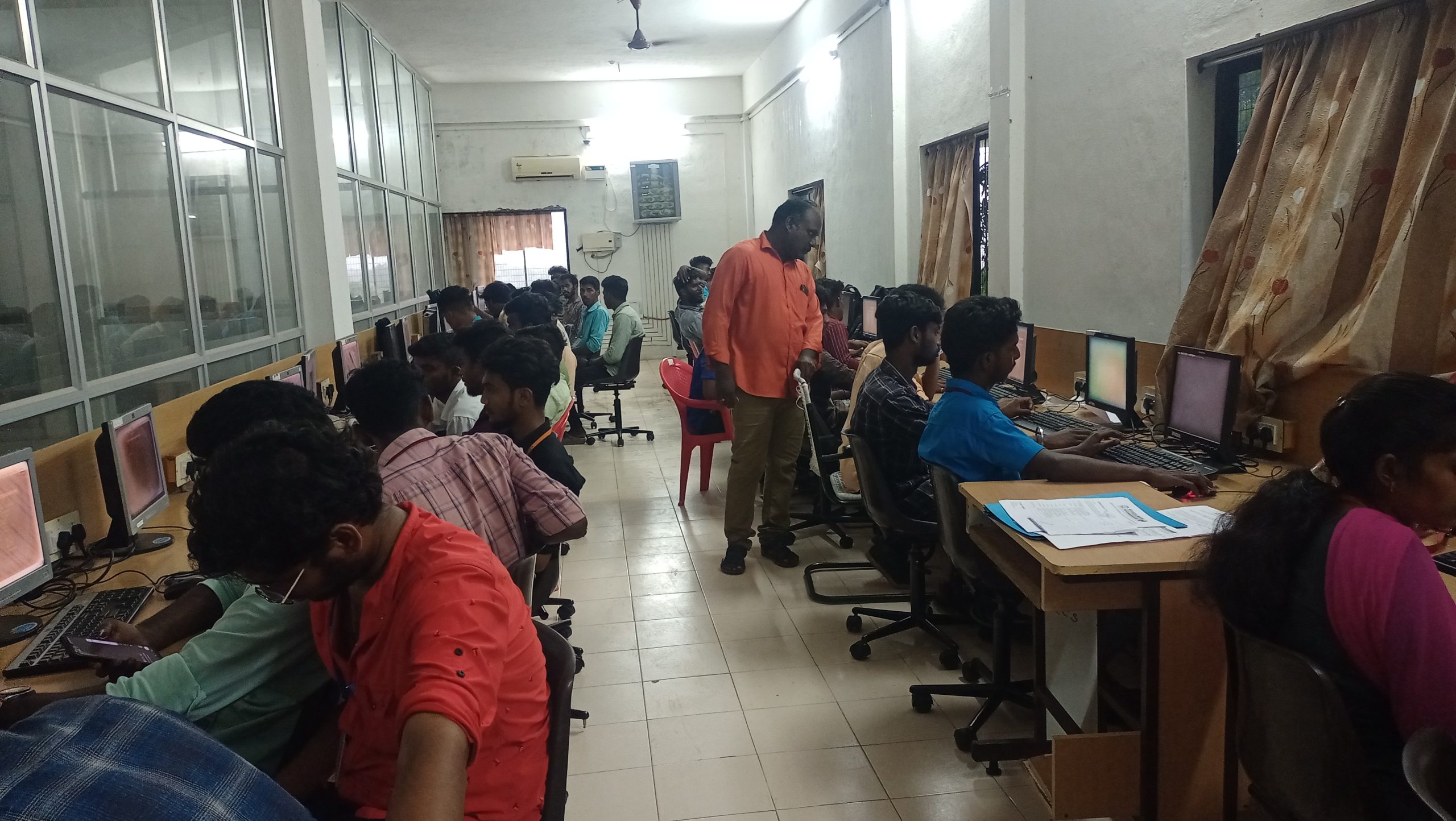
Program Educational Objectives (PEO)
The Commerce program aims to achieve the following objectives:
1. Will be capable of making a positive contribution to the accountancy in public practices,Govt commerce and industry.
2. Will be able to pursue research in their chosen field of marketing,finance and HR.
3. will be able to demonstrate team spirits,skills and values continue to learn and adapt to change throughout their professional career .
1. Accounting knowledge: Apply the knowledge of mathematics, Social science, accounting fundamentals, and computer specialization to the solution of complex accounting & management problems.
2. Problem analysis: Identify, formulate, research literature, and analyse socio – economic problems to arrive at substantiated conclusions using first principles of statistics, natural and social sciences.
3. Design/development of solutions: Design solutions for economic problems and design software, processes to meet the specifications with consideration for the public health and safety, and the cultural, societal, and environmental considerations.
4. Conduct investigations of complex problems: Use research – based knowledge including design of tools, analysis and interpretation of data, and synthesis of the information to provide valid conclusions.
5. Modern tool usage: Create, select, and apply appropriate techniques, resources, and modern statistical tools & software.
6. The accountant and society: Apply reasoning informed by the contextual knowledge to assess societal, health, safety, legal and cultural issues and the consequent responsibilities relevant to the professional accounting practice.
7. Environment and sustainability: Understand the impact of the professional accounting solutions in societal and environmental contexts, and demonstrate the knowledge of and need for sustainable development.
8. Ethics: Apply ethical principles and commit to professional ethics and responsibilities and norms of the accounting practices.
9. Individual and team work: Function effectively as an individual, and as a member or leader in teams, and in multidisciplinary settings.
10. Communications: Communicate effectively with the accounting professional & IT community and with society at large. Be able to comprehend and write effective reports documentation. Make effective presentations, and give and receive clear instructions.
11. Project management and finance: Demonstrate knowledge and understanding of management & software engineering principles and apply these to one’s own work, as a member and leader in a team. Manage project in multidisciplinary environments.
12. Life – long learning: Recognize the need for and have the preparation and ability to engage in independent and life – long learning in the broadest context of technological change.
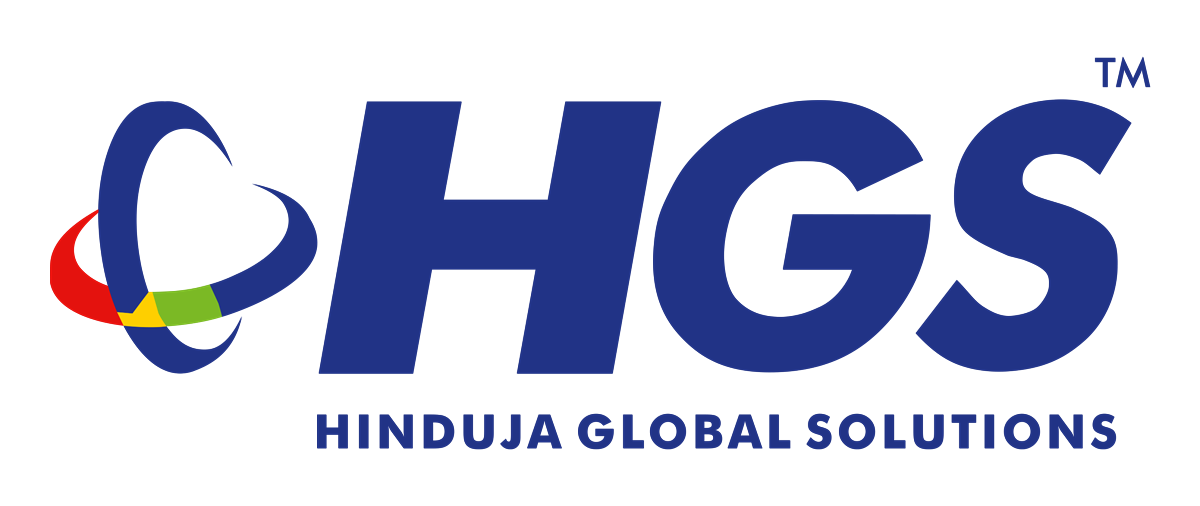


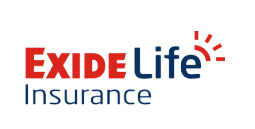
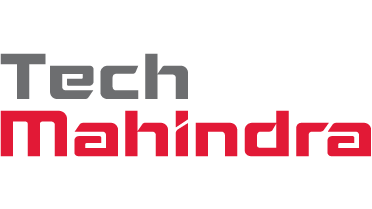

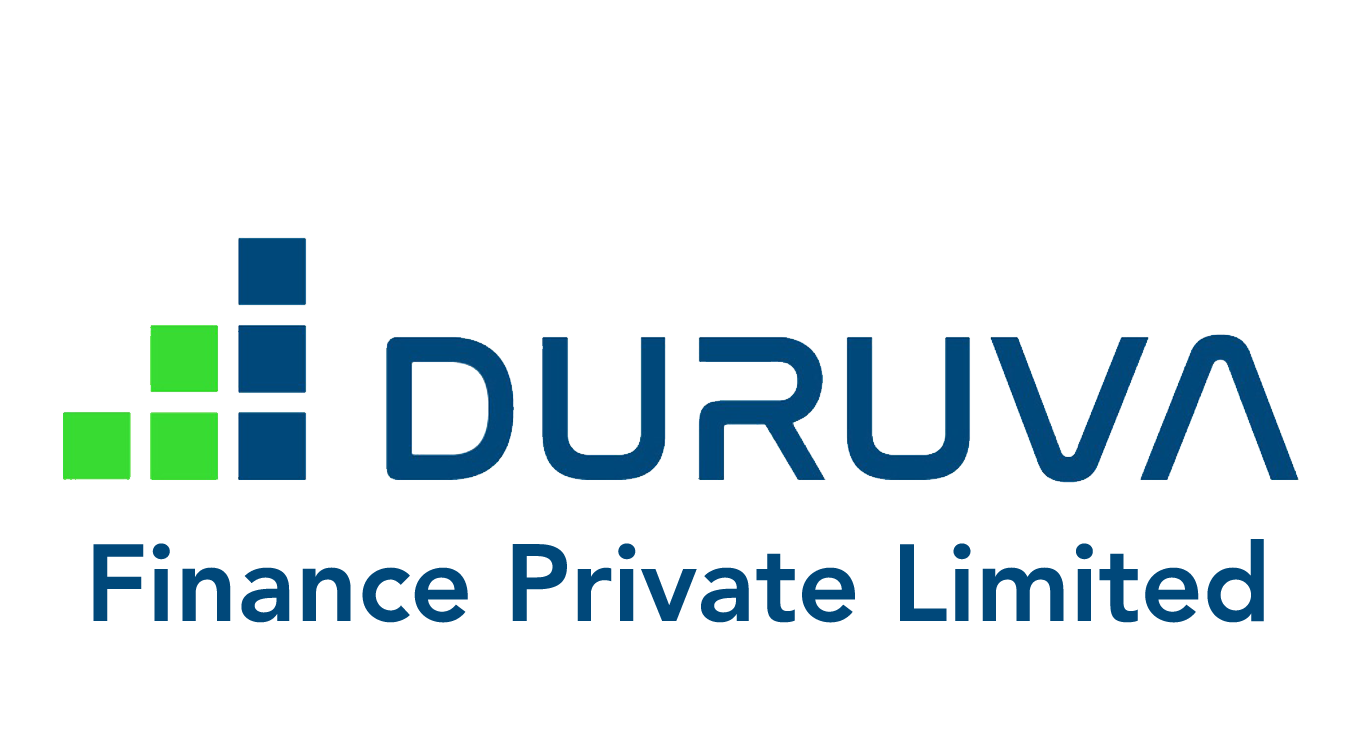







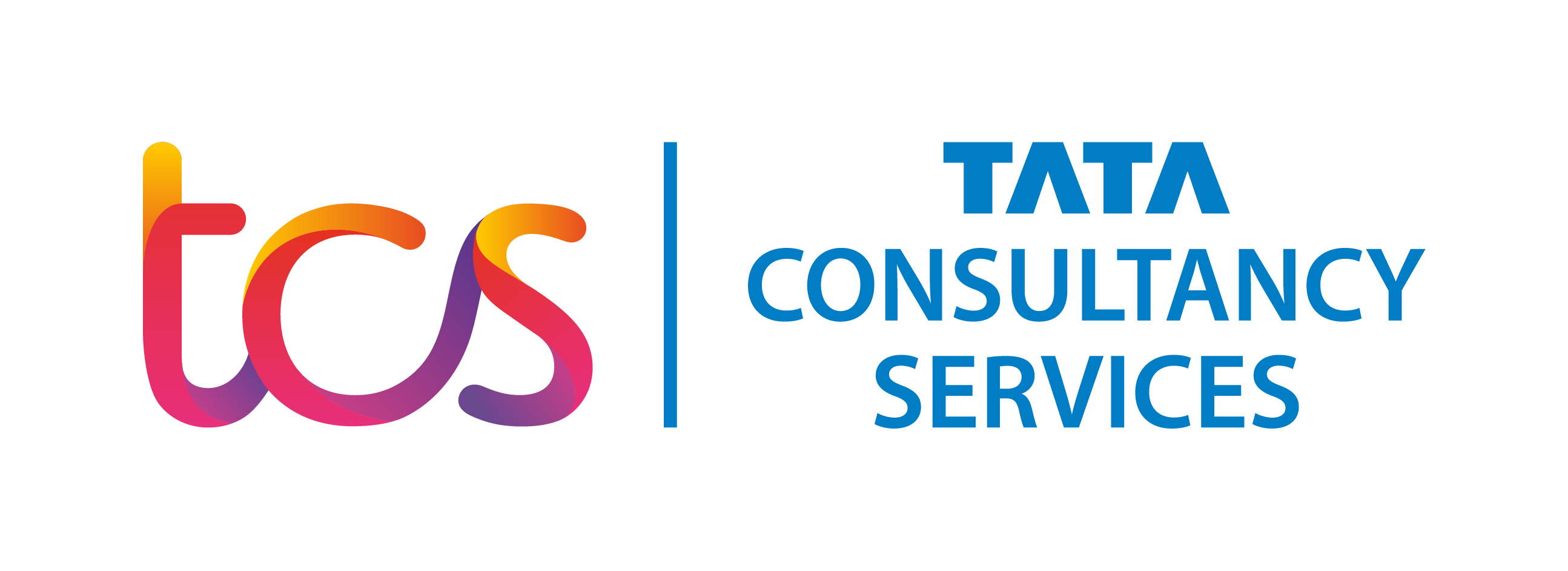


B.COM (CA) – 2015 Batch
Business Manager,
M/S. Edel weiss Tokia life, Coimbatore

SANTHOSHKUMAR M
B.COM (CA) -2015
Tamil nadu Police. Chennai.

MUTHUKRISHNAN M
B.COM (CA) -2017
Police constable
Ministry of Home Affairs –Assam

Ms. L.Ragamalini,
B.COM (CA) – 2016 Batch
Associate in BPS, TCS,
Chennai.